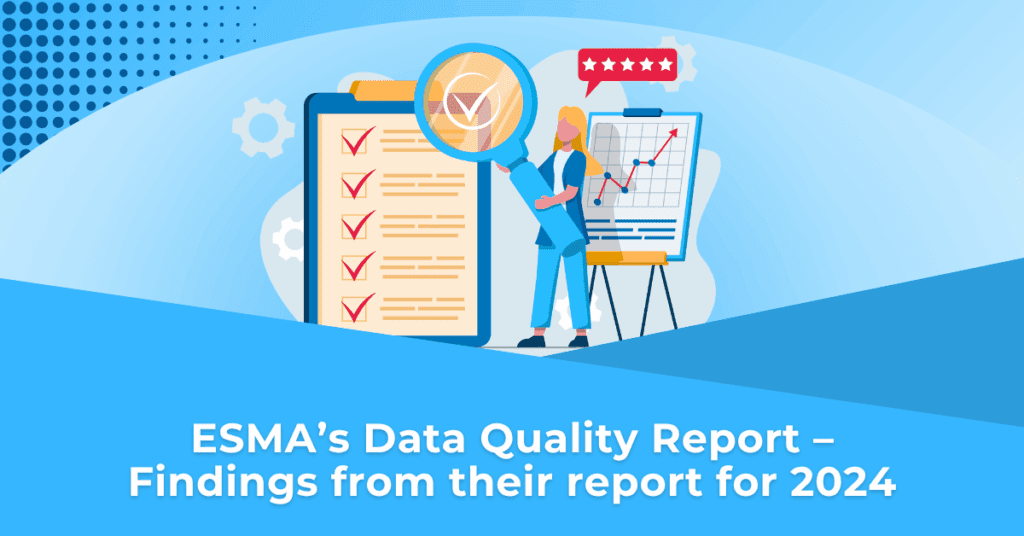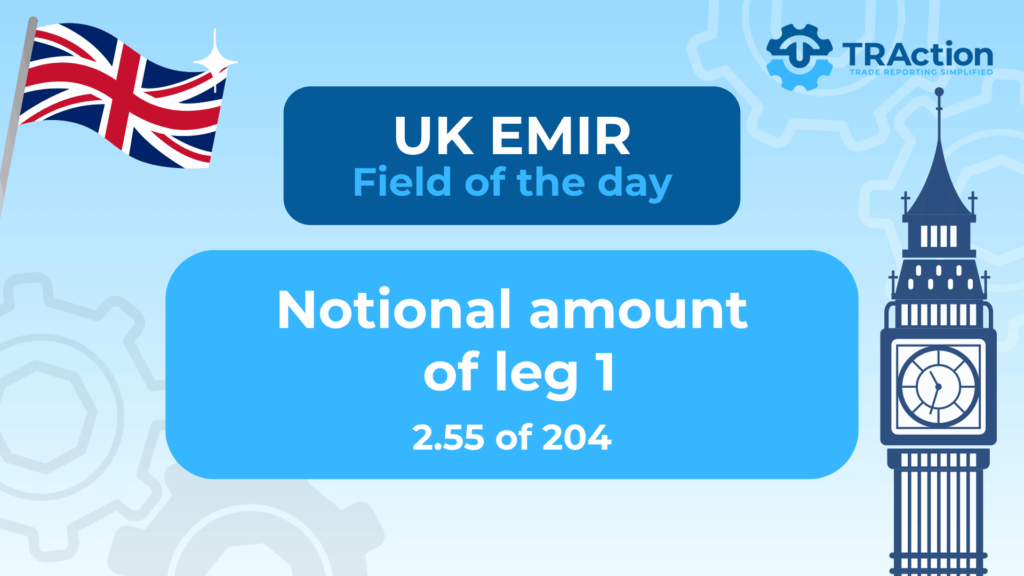Meet the team: Daisy Hogger

How did Daisy find herself at TRAction? “Towards the end of my studies, I started freelance marketing work for small businesses and also explored personal content creation on TikTok which I have now grown to over 13,000 followers.” After graduating, Daisy came across TRAction during a competitive job hunt. Daisy describes it as “a case […]
87.1% of Listed Companies Use Derivatives

What do luxury car manufacturers and financial derivatives have in common? More than you think. Behind the sleek designs and powerful engines, leading car manufacturers are also using derivatives to keep their business on track. Here’s how they manage market fluctuations: FX hedging to manage revenue from global sales. Commodity hedging to stabilise jet fuel […]
Meet the team: Quinn

How did Quinn find himself at TRAction? Before starting TRAction, Quinn was a General Manager at Axitrader, an online broker of OTC derivatives. He explains, “I met Sophie Gerber there and she later came up with the idea for TRAction, and asked me to be part of it.” Quinn’s responsibilities in his role… As co-CEO, […]
Winning Off the Pitch with vPPAs

What if we told you sports organisations use financial derivatives to play the long game? Major sports leagues around the world are using Virtual Power Purchase Agreements (vPPAs) to secure energy prices and support sustainability initiatives, including the @Premier League, who aims to achieve net zero emissions by 2040. Here’s how they use derivatives: vPPAs […]
Meet the team: Sotos Taki

How did Sotos find himself at TRAction? Before joining TRAction, Sotos was working in the Online Casino and Forex industries as a data analyst. For the past three years, he has been very interested in technology, so when he learned that TRAction works closely with in built systems running SQL and C#, he says he […]
ESMA’s Data Quality Report – Findings from their report for 2024

ESMA has released its Report on Quality and Use of Data (Report) for 2024 which looked into data reported under regulations that are within EMSA’s remit. Although the Report covers data reported under EMIR, MiFIR and SFTR, there is emphasis on the outcomes of EMIR Refit since its implementation in April 2024 which impacted a […]
UK EMIR Refit 2.55: Notional amount of leg 1

Actions when an EMIR derivative instrument’s underlier has no ISIN

https://www.youtube.com/watch?v=8djDdMBV_eQ A commonly asked question by many trade reporting entities is what value to use when the underlier to the relevant instrument has no ISIN under EMIR. (An ISIN is an international securities identification number which is a product identifier code often required by trade reporting regimes – EMIR and MiFIR). Where no ISIN is […]
Meet the team: Younes Abou Khzam

How did Younes find himself at TRAction? Before joining TRAction, Younes was Co-Head of IT at OneRoyal, a CFD broker based in Lebanon, Australia and Cyprus, where he worked for 8 years.Prior to that, he worked for Al-Kafaat University, his alma mater, in the IT department. Younes’ responsibilities in his role… Younes supports TRAction’s employees […]
Meet the team: Valerija Galkina

How did Valerija find herself at TRAction? After university, Valerija started her journey in the investment world where she found herself interested in the regulatory reporting framework “as it was a relatively fresh and fast developing field. Transitioning into fintech felt like a natural progression, allowing me to integrate my experience into innovative tech solutions.” […]